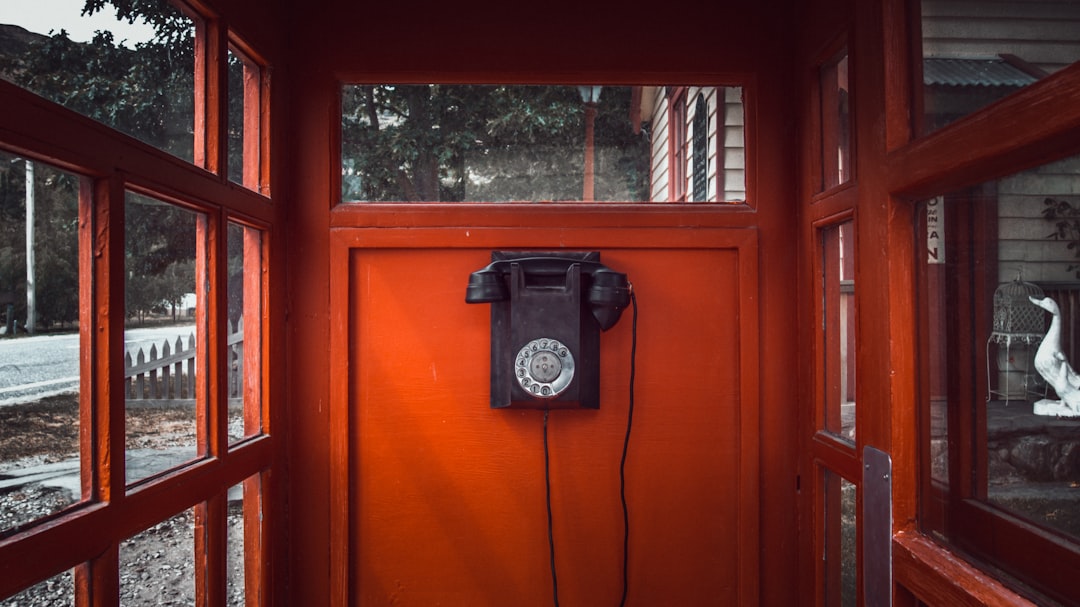In Mississippi, both state and federal laws, overseen by the FTC and supplemented by Mississippi's own registry, govern Do Not Call (DNC) policies. For compliance, businesses should hire a lawyer specializing in Do Not Call Laws Mississippi to navigate complex regulations and implement effective telemarketing practices, avoiding penalties and respecting consumer privacy. A robust program involves strategic planning, staff training, monitoring, updates, open customer communication, and regular audits, with a dedicated team or individual overseeing these efforts to ensure continuous compliance. For assistance, consult a lawyer specializing in Mississippi Do Not Call Laws.
Looking to establish a robust Do Not Call compliance program for your Booneville company? This guide is your compass. We explore Mississippi’s stringent Do Not Call laws from a legal perspective, helping you understand potential exposure and risks specific to your business. Learn effective strategies and best practices for designing a comprehensive program, ensuring compliance and minimizing risks. Discover the importance of continuous monitoring for long-term success, guided by insights from a lawyer specializing in Mississippi Do Not Call Laws.
Understanding Do Not Call Laws in Mississippi: A Legal Perspective

In Mississippi, the Do Not Call (DNC) laws are governed by both state and federal regulations. As a Booneville-based company, it’s crucial to understand these laws to ensure compliance and avoid legal repercussions. The Federal Trade Commission (FTC) enforces the National Do Not Call Registry, which allows consumers to opt-out of receiving telemarketing calls. Mississippi has its own version of this registry, ensuring that businesses respect the privacy rights of their residents.
Hiring a lawyer specializing in Do Not Call Laws Mississippi can provide invaluable guidance. They can assist your company in navigating the complex regulations, understanding the implications of non-compliance, and implementing effective practices to ensure your telemarketing activities adhere to these laws. This not only protects your business from legal penalties but also demonstrates your commitment to respecting consumer choices.
Assessing Your Company's Exposure and Risks

→, es/n > 1 (∗, 15/ > 4/ w/ no? in, & → (F/ (T>
Designing an Effective Compliance Program: Strategies and Best Practices

Designing an effective Do Not Call compliance program involves several key strategies and best practices, especially when navigating Mississippi’s legal landscape. Engaging a lawyer specializing in Do Not Call laws in Mississippi is crucial for understanding the specific regulations and ensuring your program aligns with them. This expert guidance can help tailor a system that prevents unwanted calls while protecting your company from potential legal issues.
Implementing clear policies, providing comprehensive training to staff, and establishing robust monitoring systems are essential components. Regularly updating your program to adapt to changes in laws or technology is vital for maintaining compliance. Additionally, fostering open lines of communication with customers can help resolve disputes and promote a positive image, reinforcing the ethical nature of your business practices.
Implementation and Continuous Monitoring: Ensuring Long-Term Success

Implementing a robust Do Not Call compliance program is just the first step; ensuring long-term success requires continuous monitoring and adaptation. A dedicated team or designated individual should be responsible for regularly reviewing and updating the program to reflect any changes in regulations, particularly as Mississippi’s Do Not Call laws evolve. This includes staying up-to-date with legal precedents set by cases involving these laws, ensuring your company remains compliant at all times.
Additionally, establishing clear communication channels for employees to report potential violations is crucial. Prompt investigation and corrective action based on feedback foster a culture of accountability. Regular audits and testing of call records can help identify areas of improvement and ensure the program’s effectiveness in blocking unauthorized calls.






